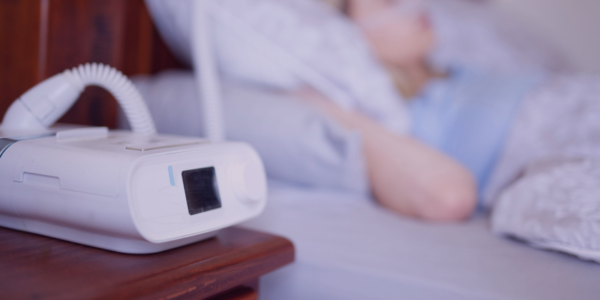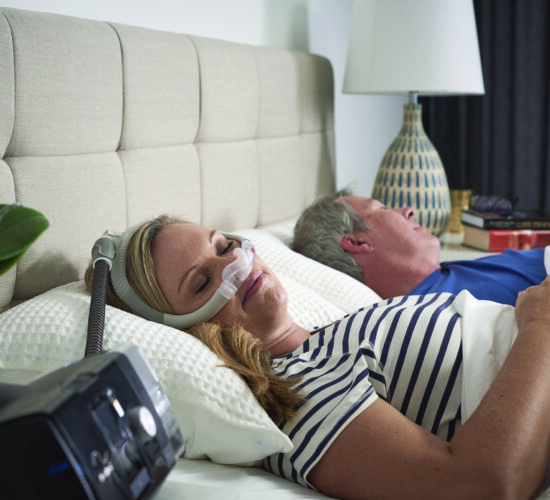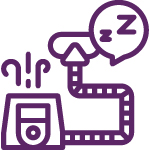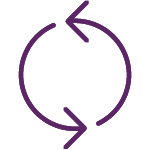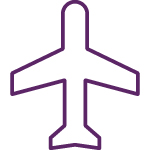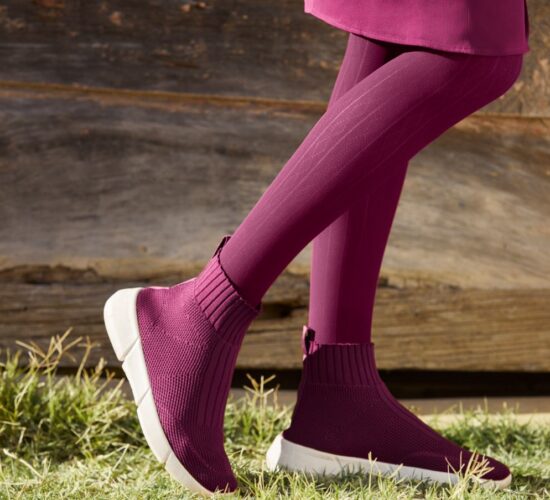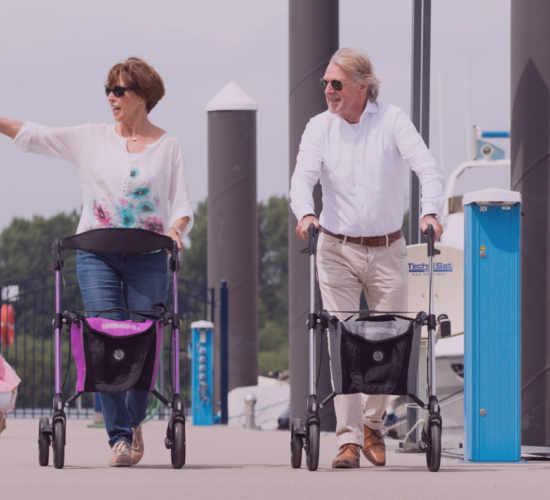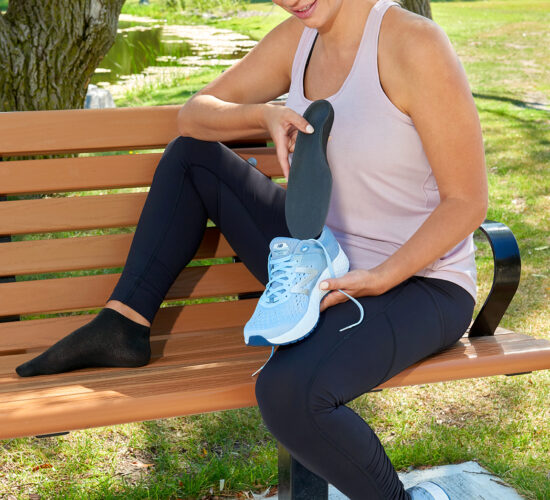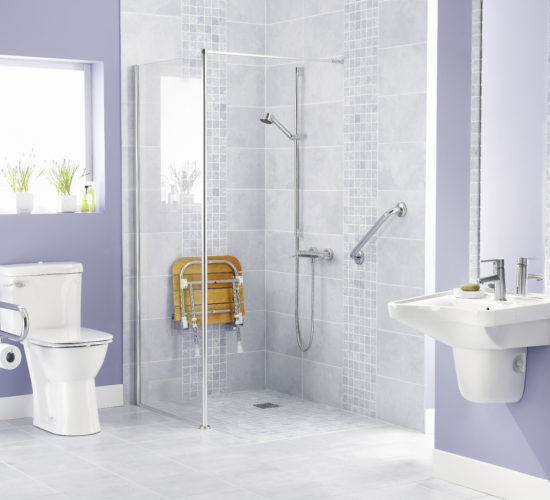What is a CPAP device used for?
CPAP (continuous positive airway pressure) devices are used to treat obstructive sleep apnea.
They do not cure sleep apnea or snoring. For that, a surgical procedure is required. The role of the CPAP machine is to counteract the respiratory obstruction that causes snoring and apnea.
It has a mask and a tube that continuously delivers air to the airways. The air pushes on the tissues of the respiratory system to keep them open. This prevents them from collapsing or closing, which is what causes snoring problems or apnea.
The purpose of the CPAP machine is to correct your breathing problems to improve the quality of your sleep.

